NEWSLETTER
BE FIRST IN LINE FOR OUR NEXT RELEASE.
© 2026 TIPSTER. ALL RIGHTS RESERVED.
NEWSLETTER
BE FIRST IN LINE FOR OUR NEXT RELEASE.
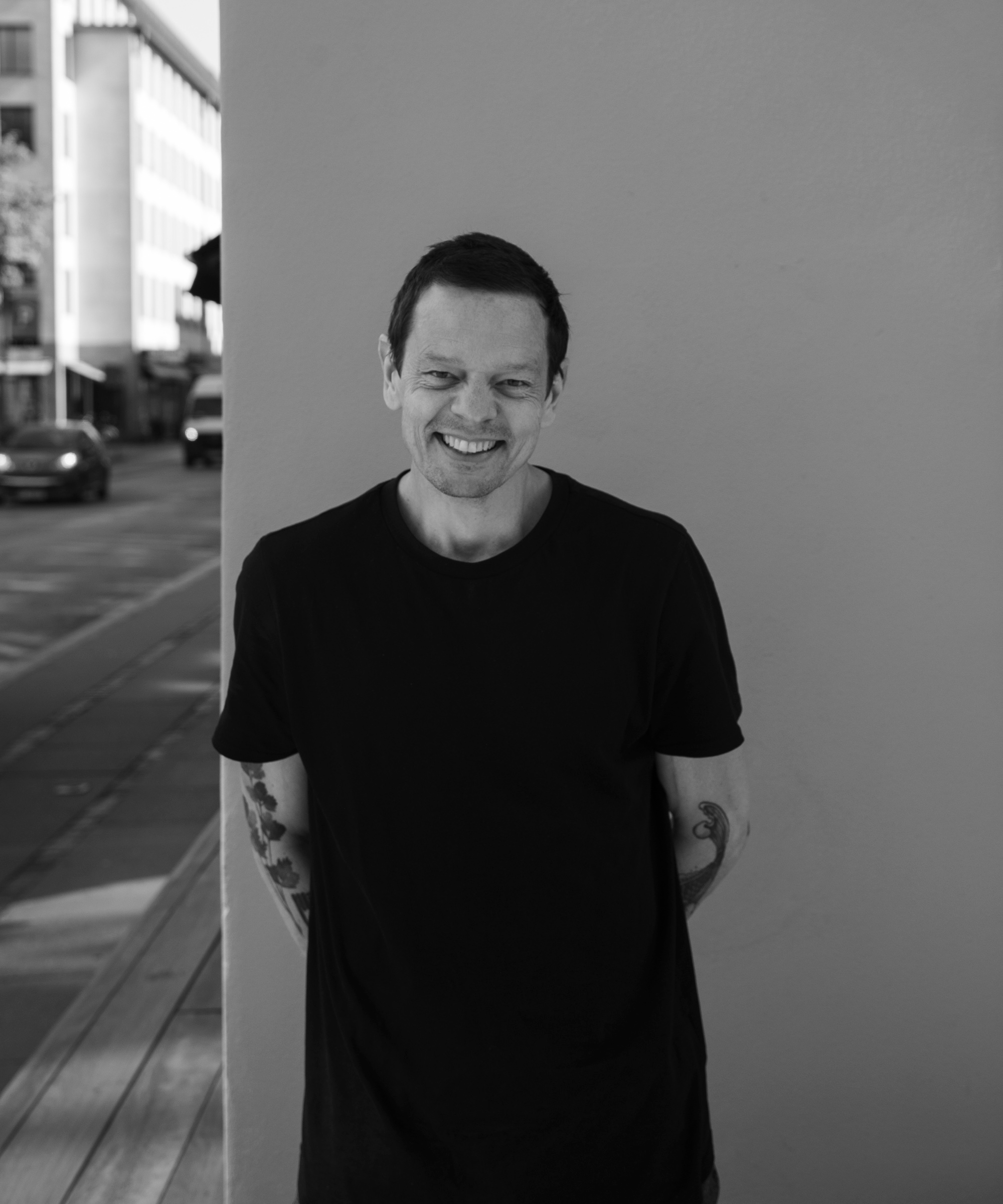
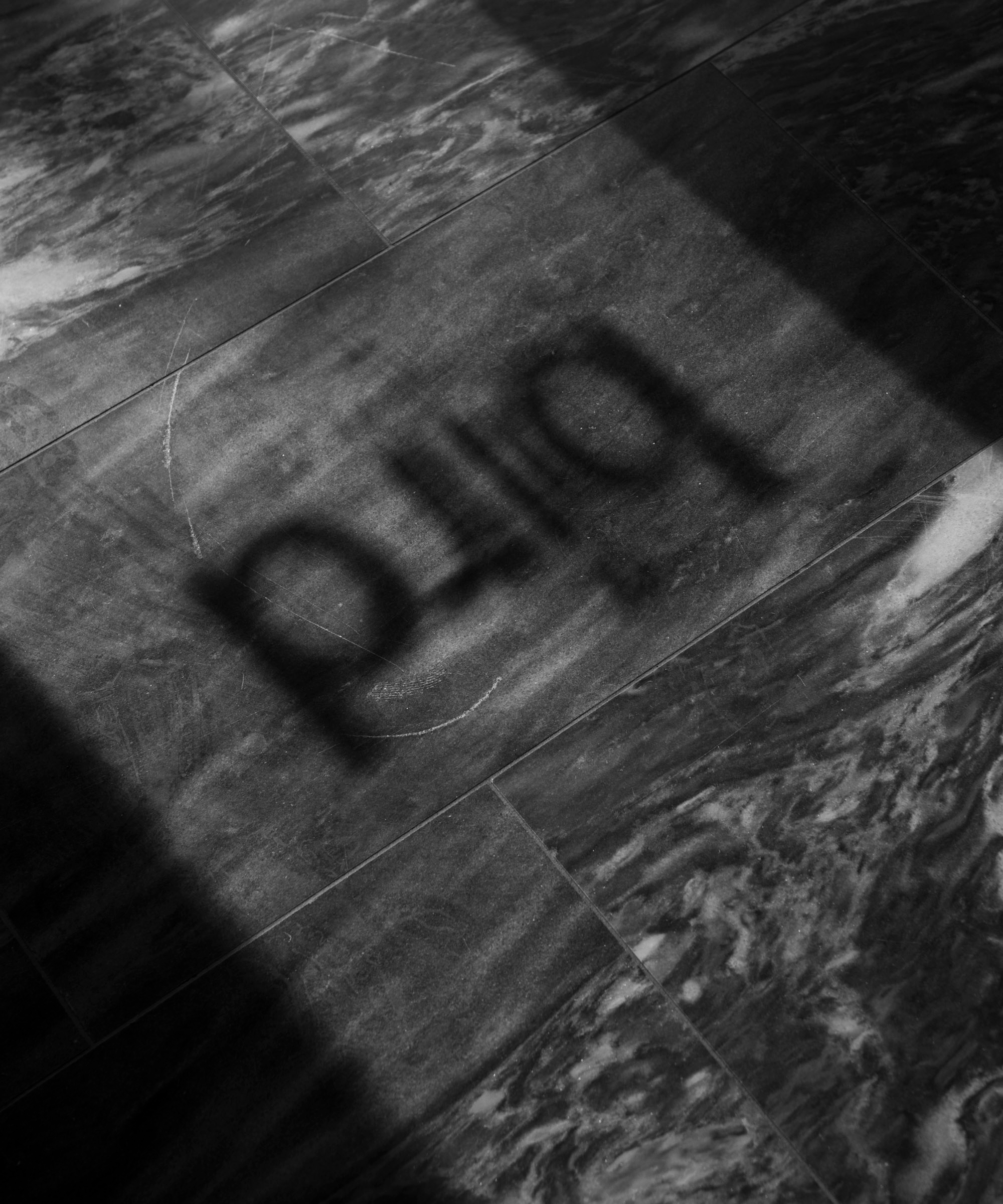
Words by Shannon Bouffard
“We always think about how sound is interpreted in the room,” Peter Altenburg, co-founder of Bird, tells me between sips of black coffee. He sets his mug on a shock-absorbing coaster that mutes the clink of ceramic against the tabletop.
We’re sitting in a corner of his world-renowned hi-fi cocktail bar’s day-to-night counterpart, a retelling of the Japanese kissa in birchwood and marble. Above us, a perforated acoustic panel is mounted like a minimalist sculpture.
“You wouldn’t know it, but the holes absorb unwanted sounds,” Peter says softly. “The entire beverage program is built around sound.”
Across Bird’s two locations—the original in Frederiksberg and the latest in City Center—cocktails are batched, bottled, and poured without fanfare. Extensive record collections provide the soundtrack, uninterrupted by the percussive rattle of cocktail shakers.
When the bar first opened, the shakers were still kept handy to soften the impact of the unfamiliar setup. But the city didn’t need convincing. The bartender as spectacle gave way to the supremacy of sound and flavor.
At Bird, bottled cocktails not only make it easier to hear the music—they taste better, too. “We want to create a product that is better than what we can do when a guest is in front of us,” Peter elaborates.
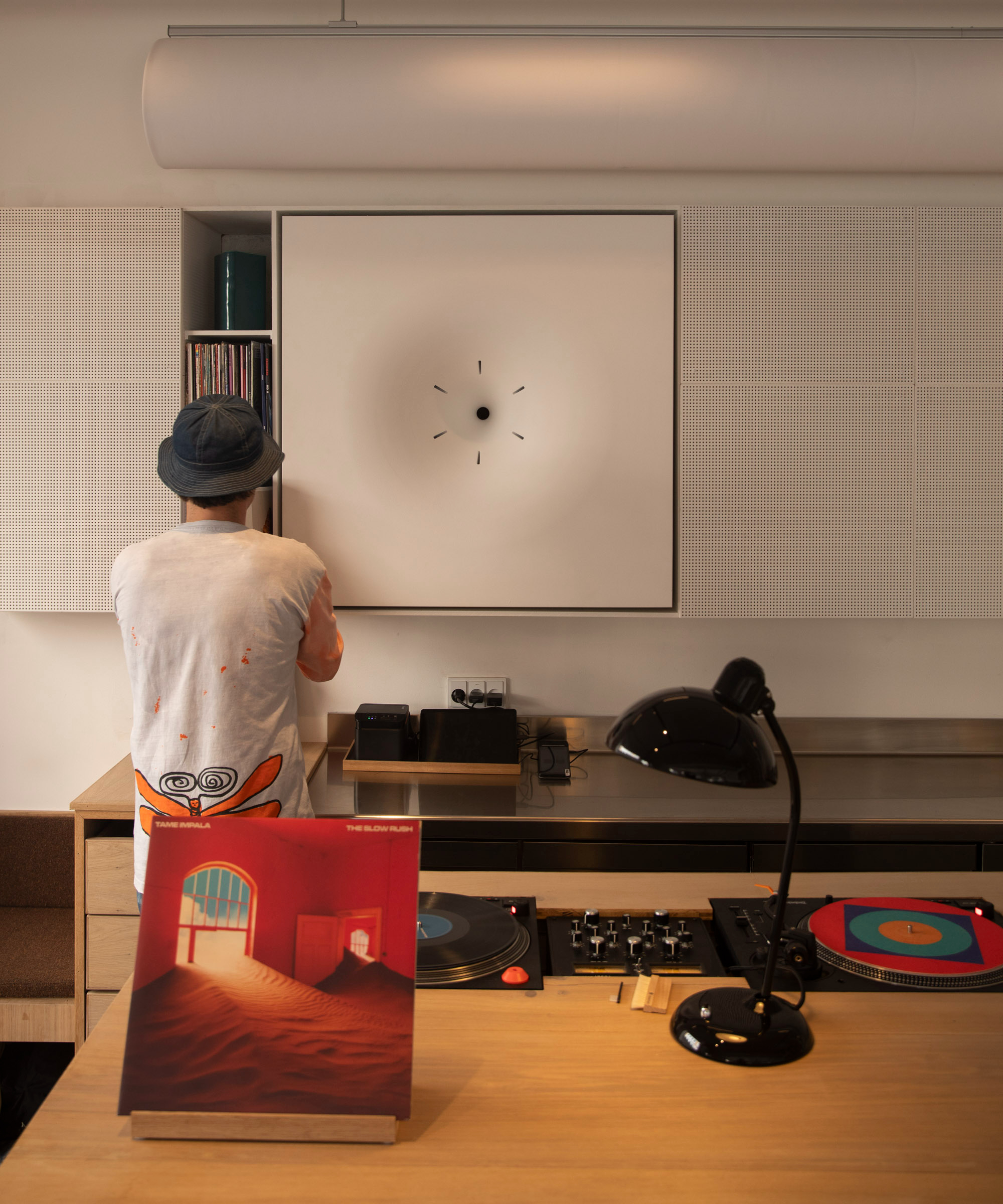
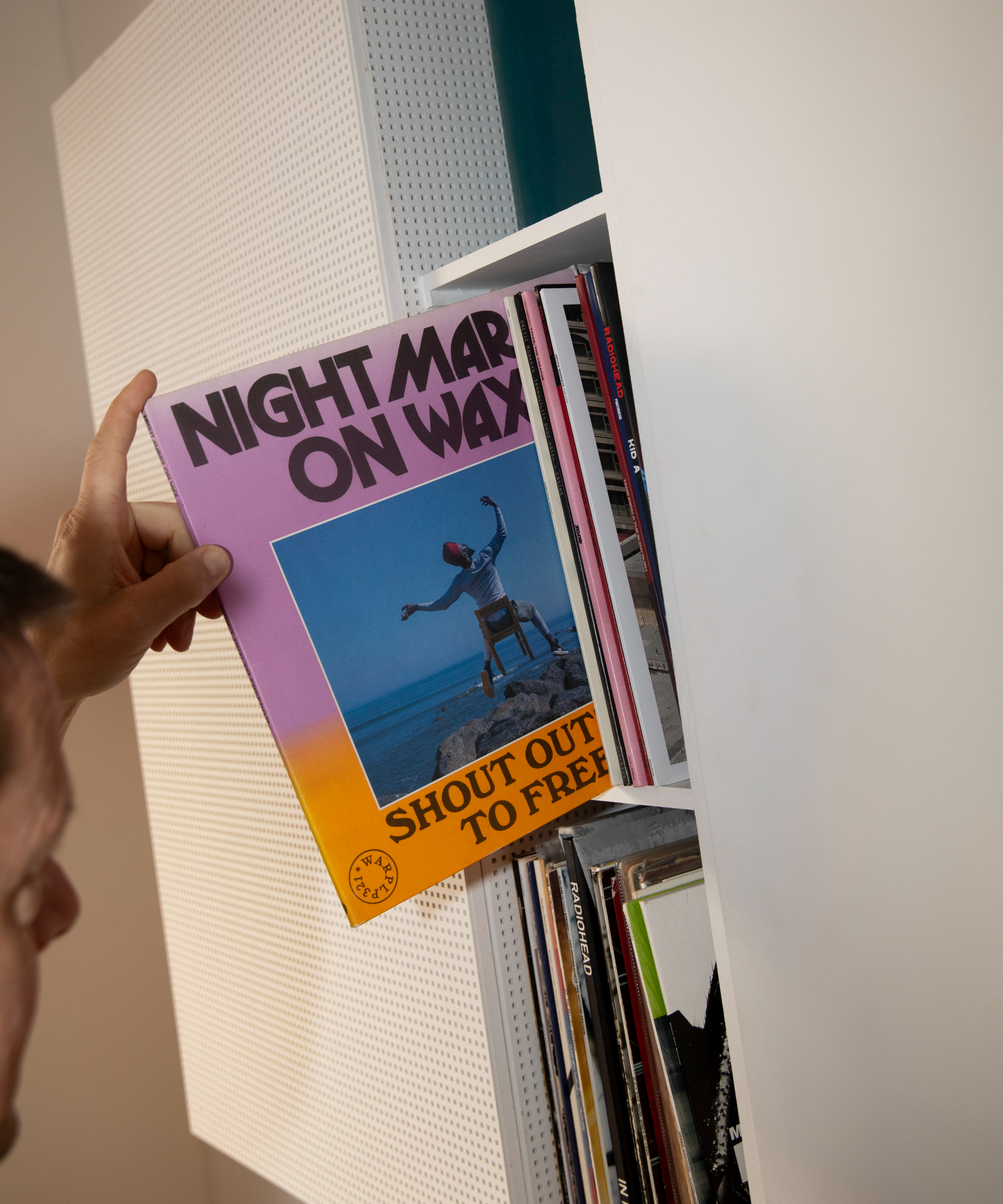
As Peter explains, time becomes an ingredient. Flavors marry and spirited edges mellow. The longer a cocktail rests, the more balanced it becomes. For skeptics, consider the resurgence of the freezer martini on metropolitan bar menus (or better yet, drop by Bird’s martini happy hours for their sub-zero take).
The approach also ensures consistency, an invaluable asset for the industry veteran of 20 years. “In terms of balance and flavor, it’s always the same,” he says. “And being the same is not necessarily a bad thing.” Batching and bottling eliminate variables, leaving little to chance. No off nights, no missteps.
“People come to Bird and think, the bartenders know what they’re doing,” he adds. “They don’t fumble around.”
He’s not bragging. He’s describing what keeps Bird intriguing: an assuredness that grows sharper with time. Whether it’s noon or midnight.
That quiet confidence is one of the reasons Bird is regarded as one of the best bars in the world. “We got there because we’re good, not because we focused on being the best,” Peter reflects, brushing off assumptions of a competitive aim.
While the formula remains constant, the mixologists stay curious. “We’ll eat something at a restaurant or bakery, drink tea or soda, and think about how we can translate that flavor into a cocktail,” he tells me. Makrut lime leaf, almond blossom, and coriander seed punctuate the menu. Manhattans are laced with mezcal, gimlets brightened with yuzu, negronis perfumed with elderflower.
It’s not meant to please everyone, and that’s the point. “If you start creating menus just to sell more drinks, you’re fucked,” Peter says bluntly, though not without a smile. “And if you try to make the best menu ever, you’re also wrong.”
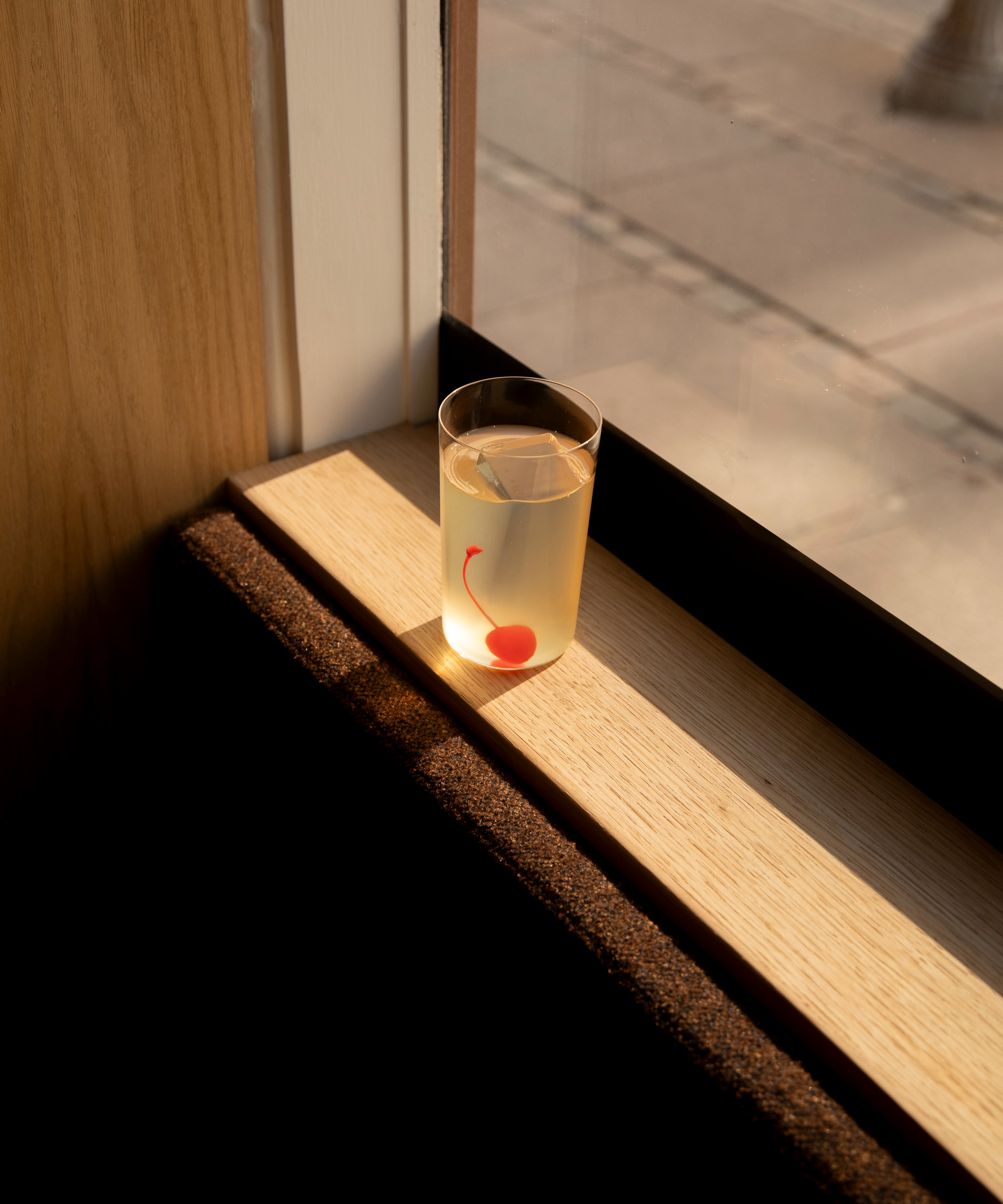
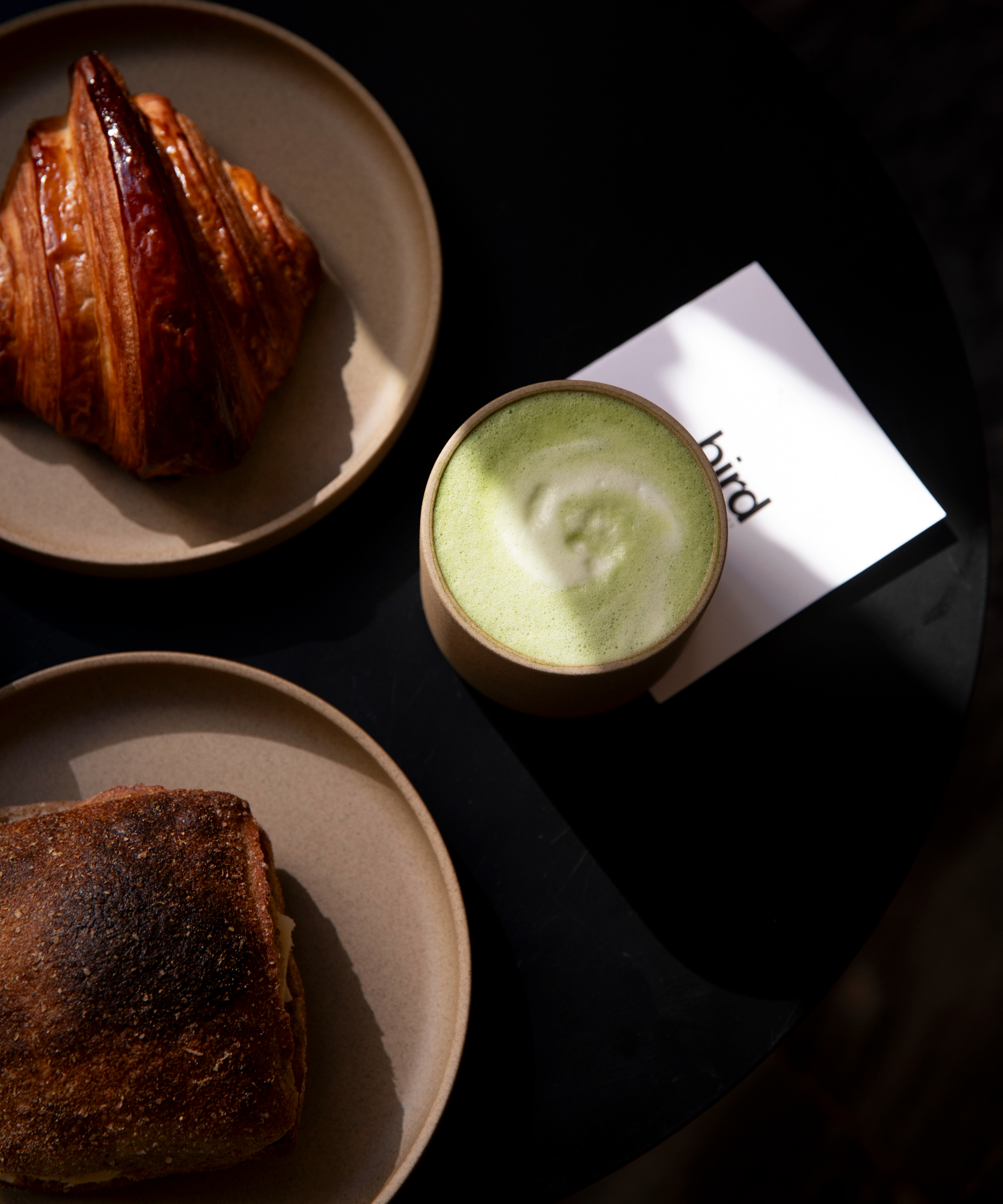
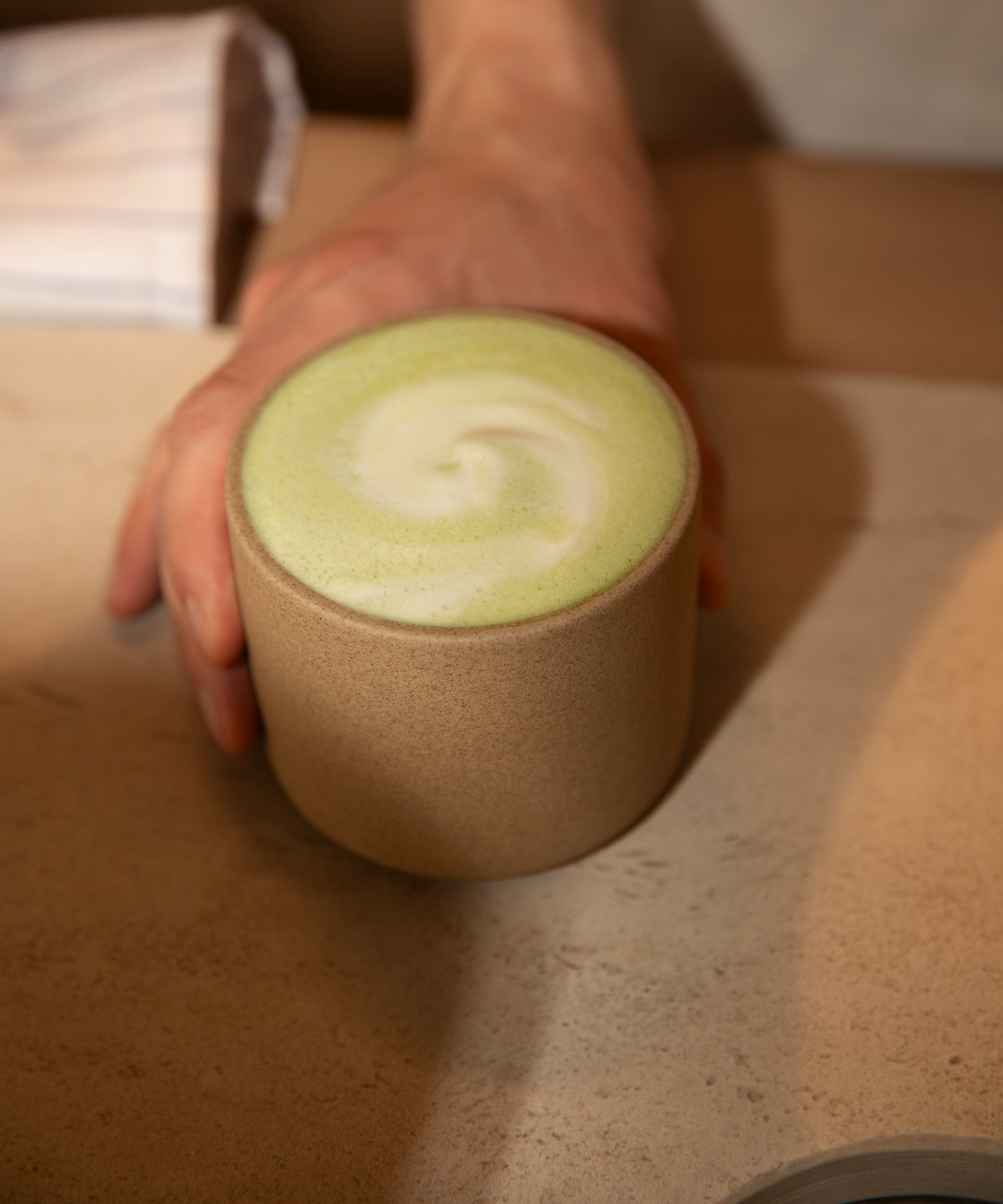
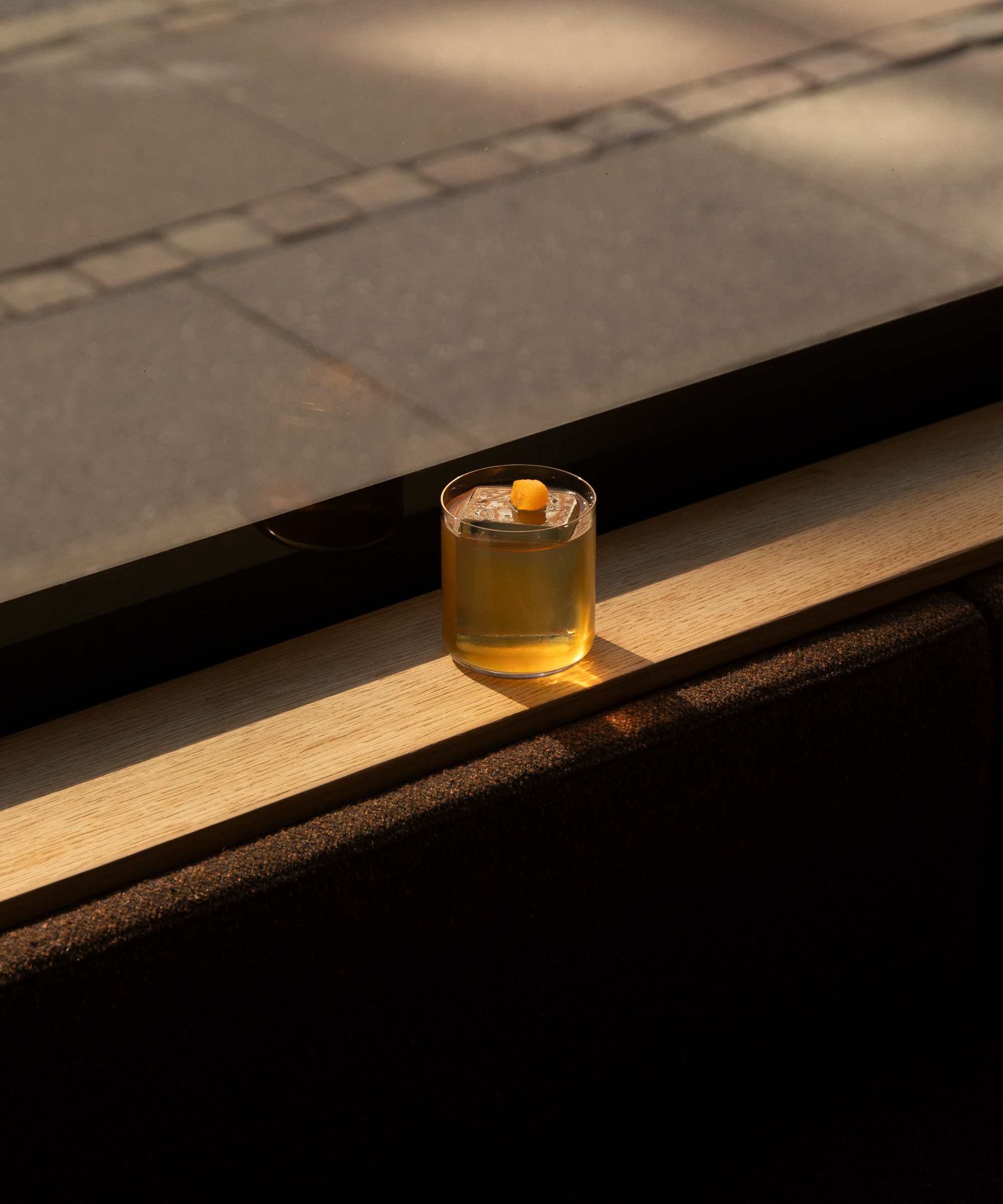
Today, the bar’s second iteration embraces an earlier crowd and those who’ve made Bird their remote office. The shift presents a new challenge: creating an auditory sanctuary that works just as well for flat whites and matchas over video calls as it does for off-hours highballs.
“There’s a lot of noise in making coffee,” Peter says, his voice tinged with exasperation at the thought. “So we didn’t want a traditional setup.” He motions to the fully automated espresso machine tucked under the bar. It’s detectable only by two futuristic, faucet-like fixtures. One dispenses steamed milk; the other, espresso. Orders are entered on a touchscreen. The machine does the rest.
Despite the addition, the new spot is more pared down than its predecessor. There are no bottles on the back bar, no rows of glassware catching the light. Instead, a single white horn loudspeaker with matching insulated paneling, all custom-built by Copenhagen-based Arda Audio, anchors the room.
Gone are the exposed, record-lined shelves. The decks remain, seeing the hands of weekly guest selectors and DJs, just as they do at the OG location. It all just begins in the daylight.
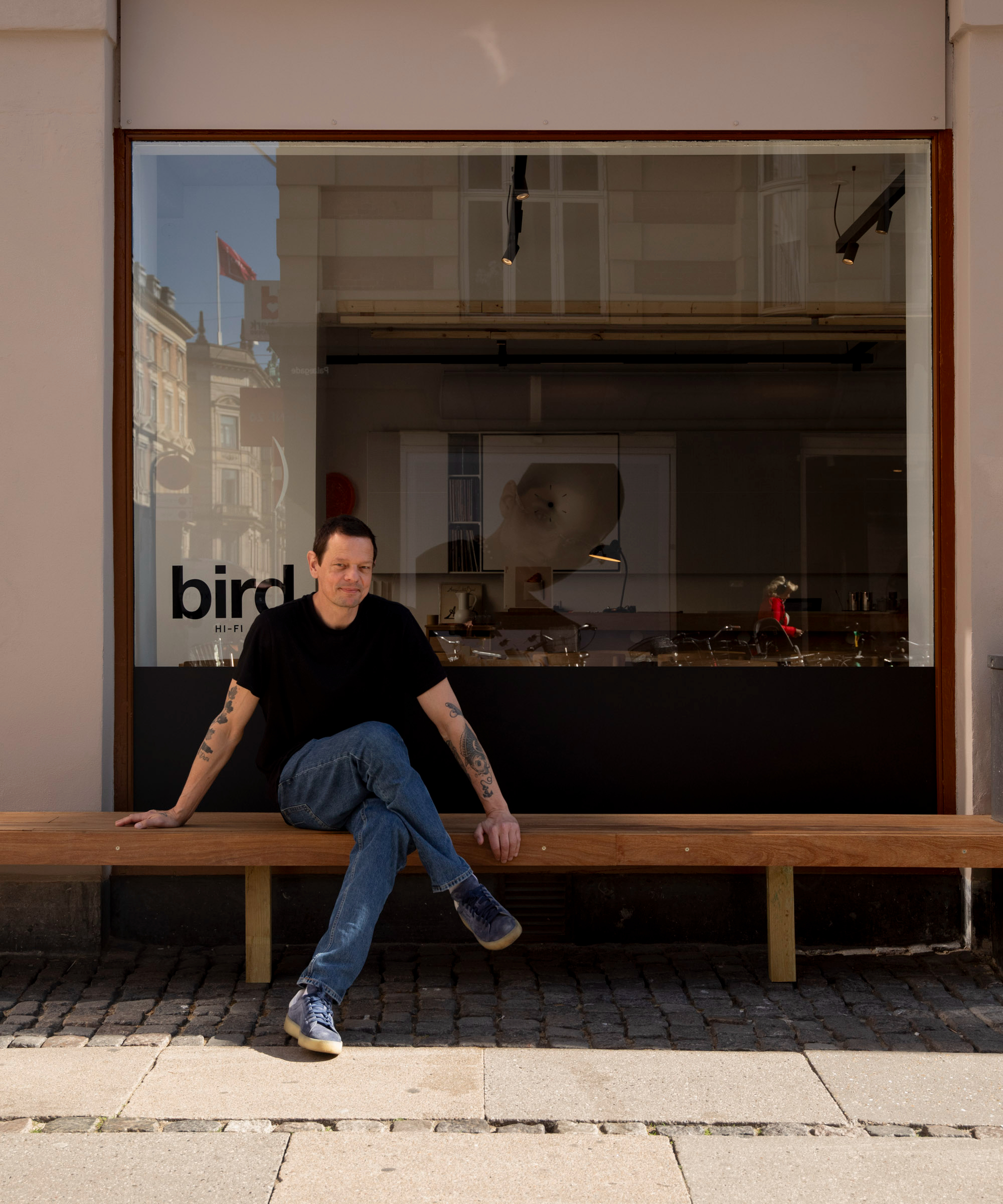
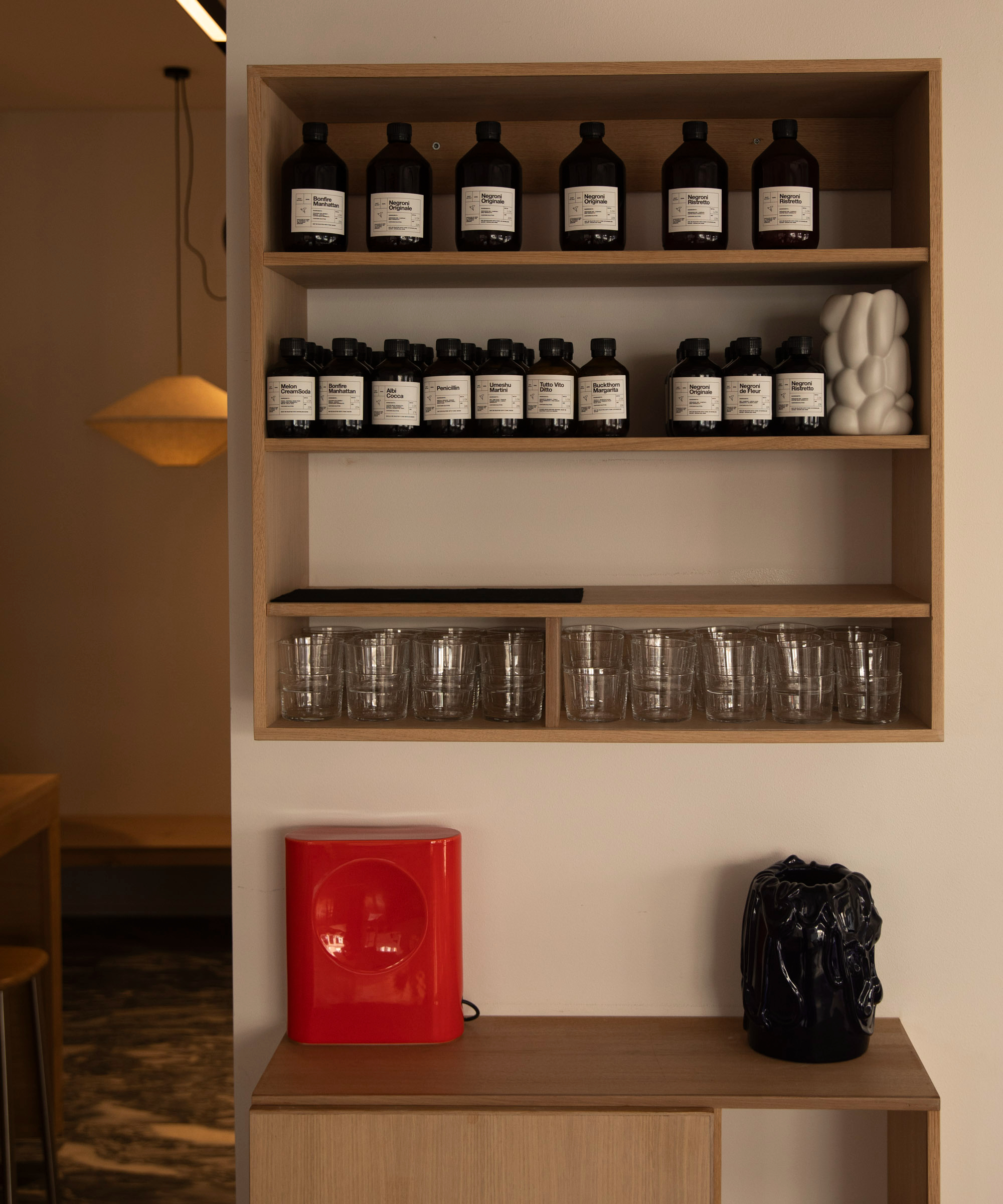
“People come to Bird and think: the bartenders know what they’re doing,” Peter says. “They don’t fumble around.” He’s not bragging. He’s describing what keeps Bird intriguing: a quiet confidence that grows sharper with time. Whether it’s noon or midnight.
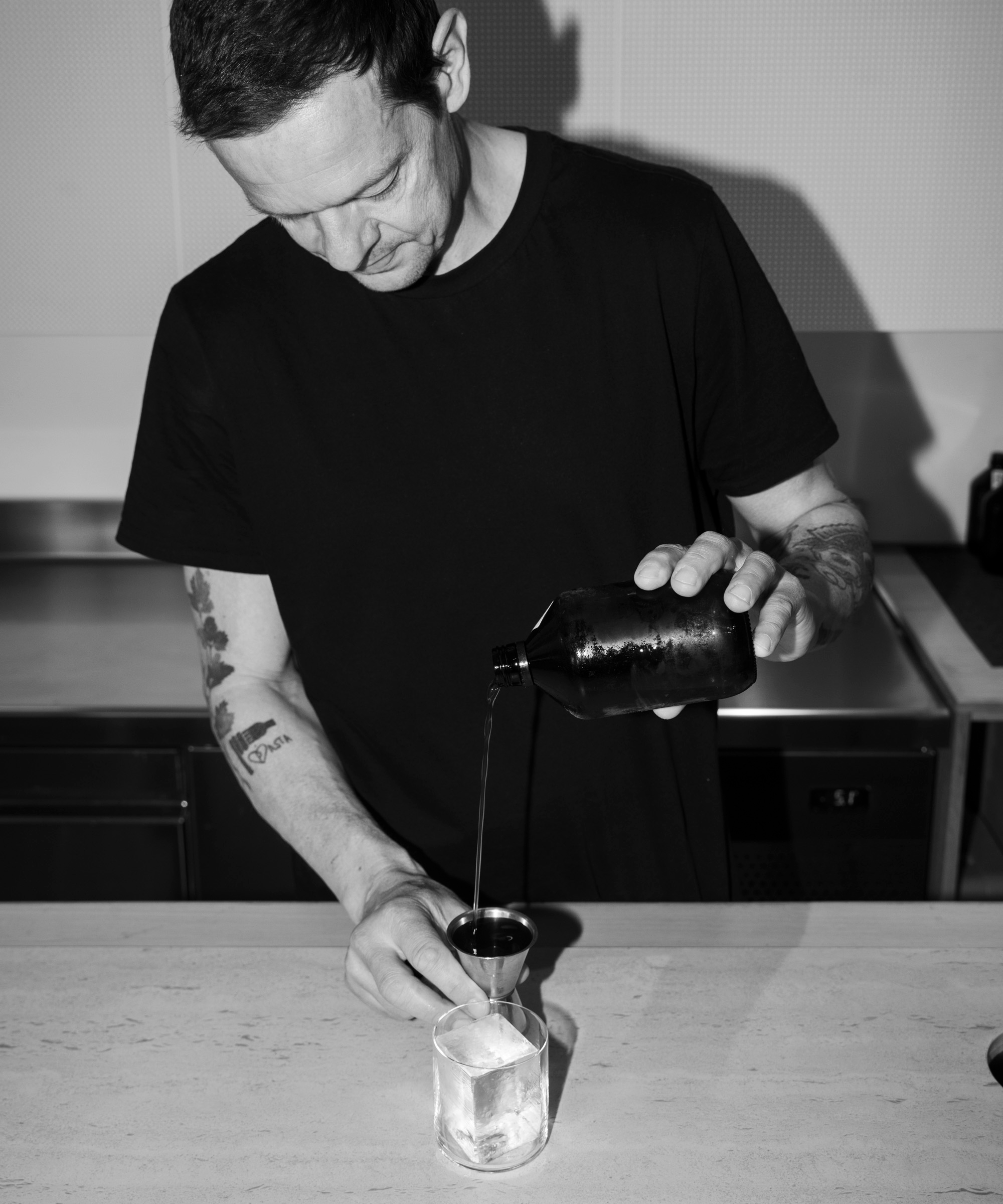
BIRD
Frederiksberg
Gl. Kongevej 102
1850 Frederiksberg
City Center
Palægade 8
1261 Copenhagen